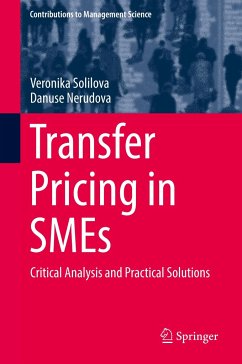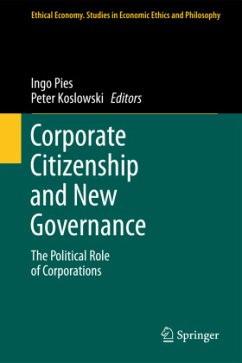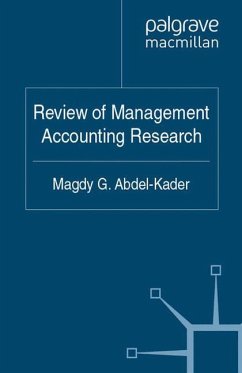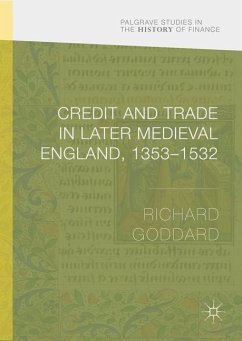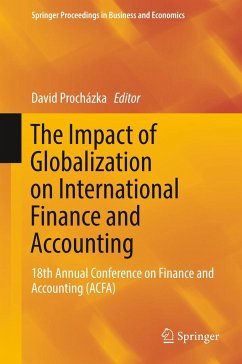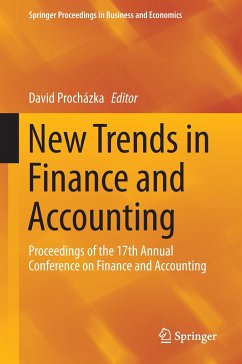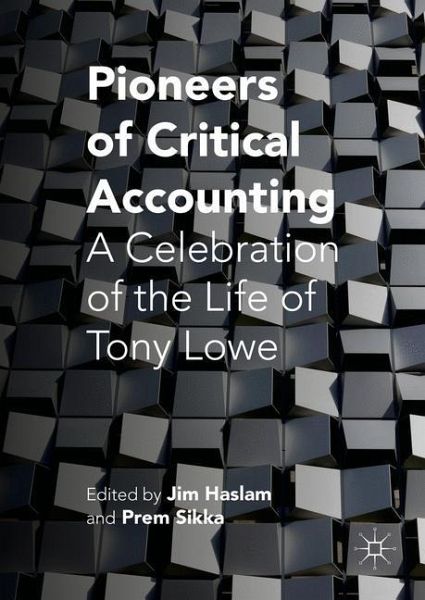
Pioneers of Critical Accounting
A Celebration of the Life of Tony Lowe
Herausgegeben: Haslam, Jim; Sikka, Prem
Versandkostenfrei!
Versandfertig in 6-10 Tagen
76,99 €
inkl. MwSt.

PAYBACK Punkte
38 °P sammeln!
This book celebrates the life and work of Tony Lowe, a pioneer ofcritical accounting. The authors elaborate on the fact that Tony Lowe regardedaccounting as a moral and political practice rather than some dry technicalphenomena because it has serious social consequences. The essays in the bookare written by a global community of Tony's former colleagues and students andshow the value of adopting interdisciplinary perspectives. The essays locateaccounting and business practices in wider social, economic and politicalcontexts to show that Tony's ideas had far reaching applications forregulation,...
This book celebrates the life and work of Tony Lowe, a pioneer ofcritical accounting. The authors elaborate on the fact that Tony Lowe regardedaccounting as a moral and political practice rather than some dry technicalphenomena because it has serious social consequences. The essays in the bookare written by a global community of Tony's former colleagues and students andshow the value of adopting interdisciplinary perspectives. The essays locateaccounting and business practices in wider social, economic and politicalcontexts to show that Tony's ideas had far reaching applications forregulation, corporation governance, accounting, auditing, the environment,corporate social responsibility, organisational accountability, gender, race,globalization and the functioning of the state. The book is suitable forundergraduate and postgraduate students, scholars and practitioners seeking tofree themselves from the shackles of conventional views about accounting andbusiness practices.



